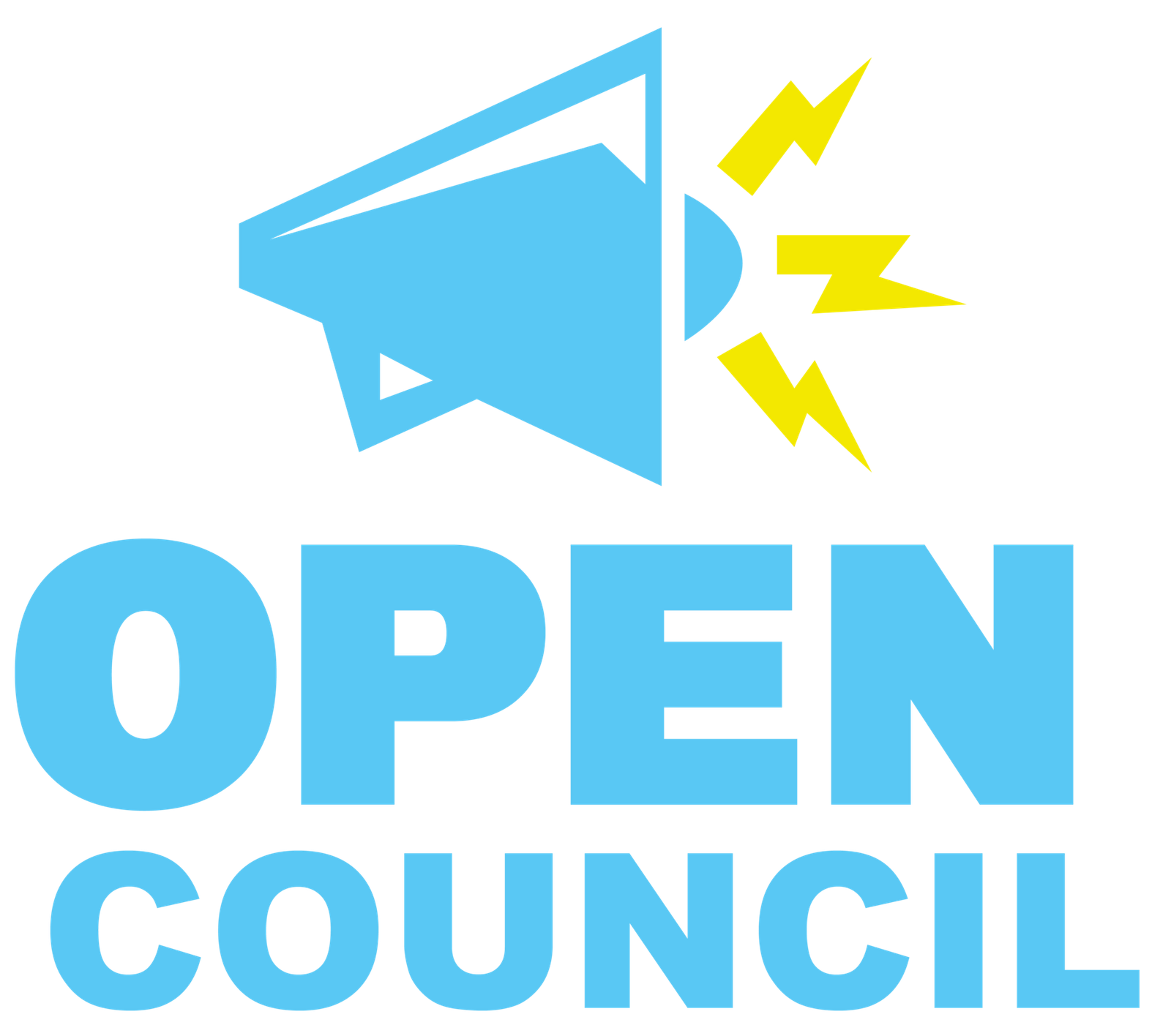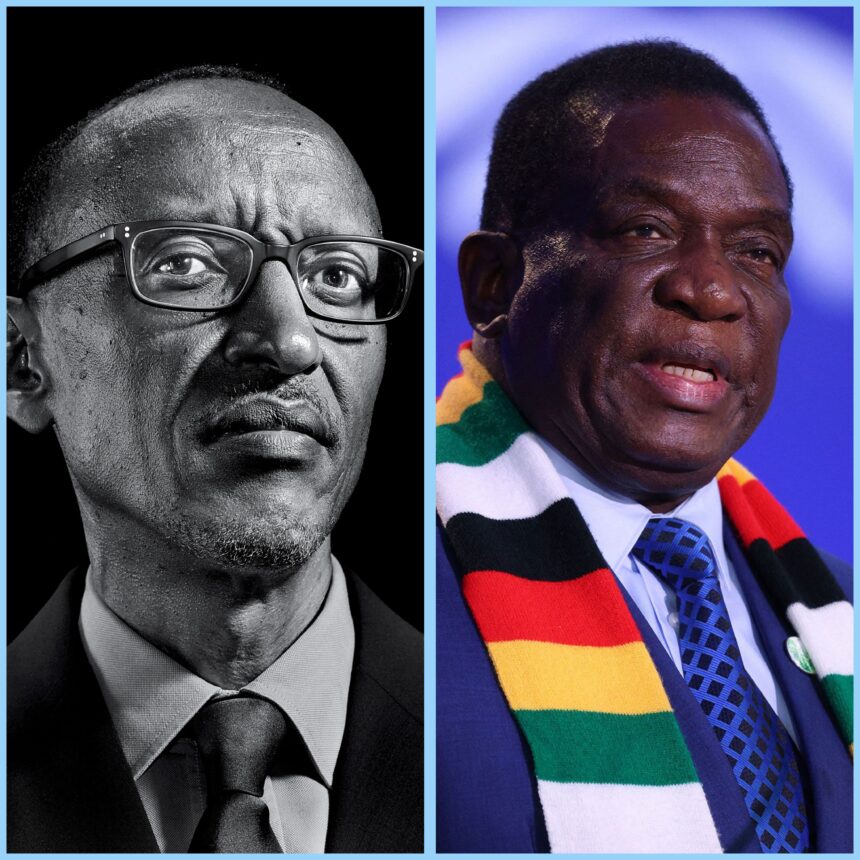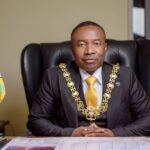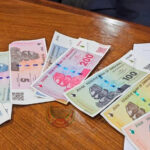By Wisdom Mumera
In the run-up towards the SADC Summit Presidents Mnangagwa has fully blossomed into the ironic poster of Rwandan leader Paul Kagame, celebrated and vilified with ample evidence for both.
While massive infrastructure investments have been made alleged anti-government activists have been randomly arrested and denied bail in courts.
The flagrant disregard for basic etiquette by someone hosting foreigners has been shocking as has been the sudden ability to roll out state apparatus to spruce up the derelict country.
He has perfectly balanced the noble against the grating, reinforcing how the veteran politician is emulating the politics of Kagame.
Playing PR Politics
Mr Kagame, who received military training in Uganda, Tanzania and the US, is seen as a brilliant military tactician.
Meanwhile Mnangagwa, whose own resume for military training involves mainly Russia, is seen as an intelligence supremo.

It’s a dark medal with a litany of whispered actions celebrated in hushed tones and almost mythical tales.
All the same his longevity in government and political circles testify to the veracity of some claims.
The factors match the two men as equipped for the very actions which they have been accused of by many.
It goes on from that.
False Saviours
Rwandan President Paul Kagame is often portrayed as his nation’s savior.
Rwanda was in ruins when Kagame’s RPF took power after the 1994 genocide.
Today its economy is now growing at an average of 7% a year, and poverty levels have fallen.
Under Kagame, Rwanda opened its first maize flour factory, improved its road network and established a national airline.
It is currently building the new $800m (£605m) Bugesera International airport.
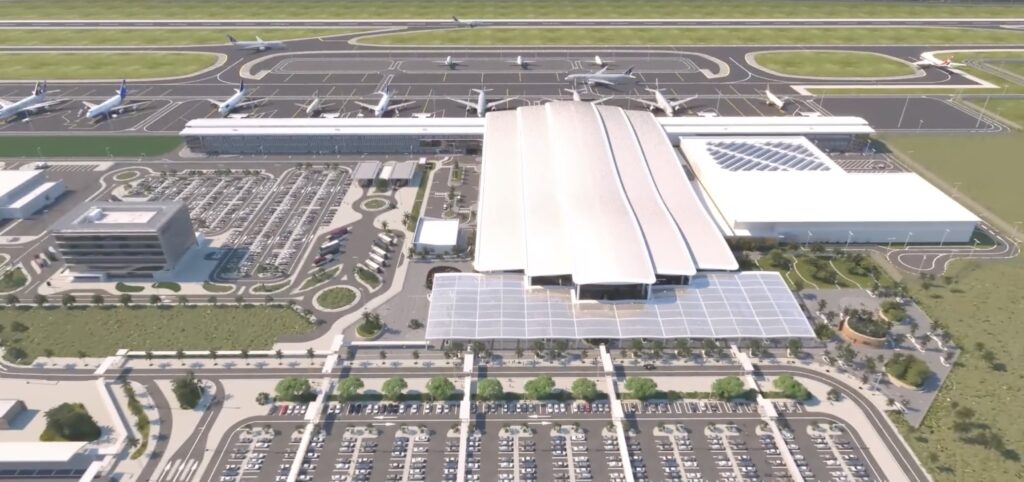
Rwanda also plans to boost its status as a business hub with a conference centre that will cost at least $300m.
“Kagame is known as a doer and an implementer.
(“He is) not somebody who says things just like everyone else,” UK charity Oxfam’s Desire Assogbavi told AFP news agency.
Copying The Playbook
Mnangagwa has tried to play the same trick, of sanitising the bad through tangible infrastructural achievements.
He has been sold as a saviour redeeming the country from the stagnancy under Mugabe.
Most notable has a been an energetic target to improve the country’s road network.
The Emergency Road Rehabilitation Programme (ERRP) has resulted in the setting aside of US$400 million and $33,6 billion in 2023 for the first and second phases respectively.
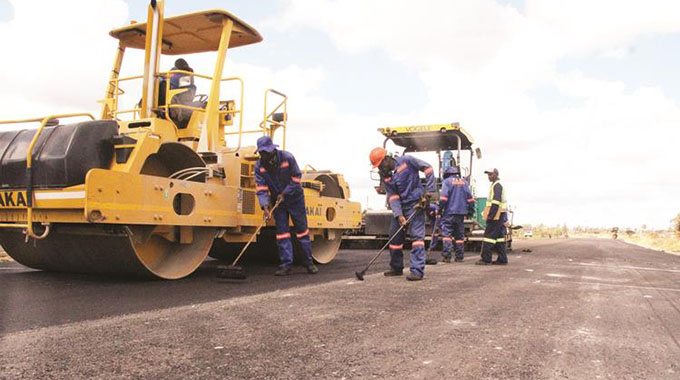
Since then over 50 000km of roads have been rehabilitated and reconstructed while 2000 structures have been attended.
To provide context to the magnitude of the work, Zimbabwe has a network of 84 000km.
Out of that 93 percent was in fair to poor condition and in need of rehabilitation.
Mnangagwa has never tired of extolling this side of his political enterprise.
“To date, a total of $2,5 billion, which constitutes 34,5 percent of the total capital development, has been set aside for various transport, water, public amenities, energy, irrigation, social services and other infrastructural projects,” he said in 2023.
What he has sought to paint is a picture of a progressive development enabler.
Its a colorful vista designed to defray from raucous accusations of him being an actual continuation of Robert Mugabe.
A Model Of Contrasts
Like Kagame, Mnangagwa has sought to build a wall of good so huge that it will block the rest of the cringy undemocratic acts occurring elsewhere and everywhere in the country.
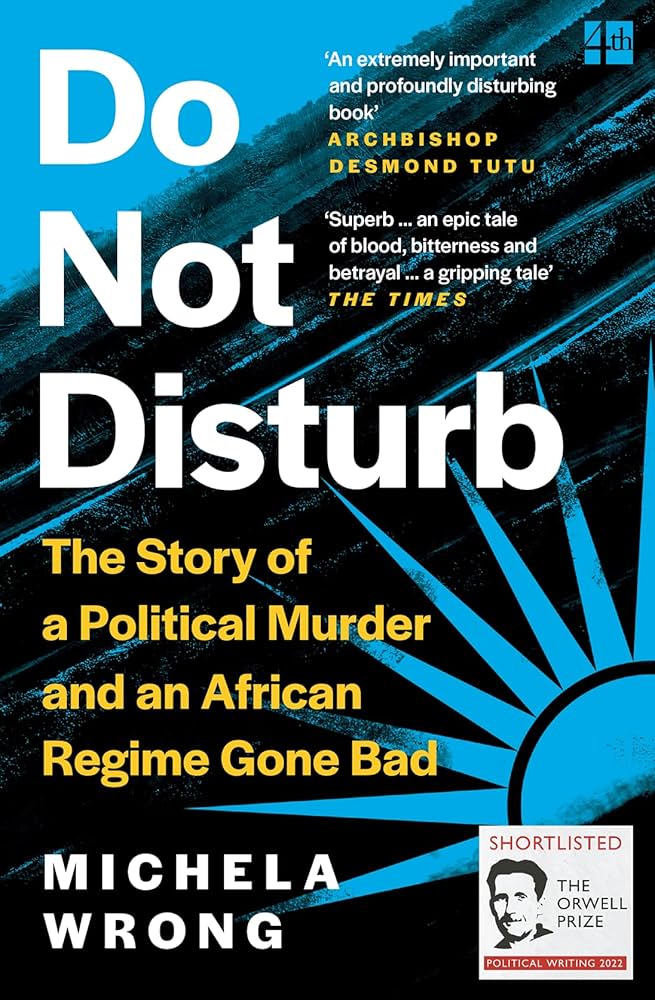
The book focuses on two Rwandans who were once very close to Kagame: Fred Rwigyema and Patrick Karegeya.
Both have since been murdered.
Hunting Former Hunters
Mnangagwa carries the same tag of hounding political enemies with a ruthless streak that resulted in others fleeing the country.
Former allies Saviour Kasukuwere, Jonathan Moyo, Augustine Chihuri, Patrick Zhuwao and Walter Mzembi are currently in exile.
Those that braved a return, like Ignatius Chombo, have had to endure the circuitous torture of a clearly captured judiciary.
Meanwhile accounts of killed former allies during the 2017 putsch have remained whispered facts, undeniable but unutterable.
Another Mnangawa fact that reinforces his reincarnation of the Kagame character is his Gukurahundi legacy.
Mnangagwa has been accused of being one of the leading orchestrators of a dark page in Zimbabwean history.
He was the Minister of State for National Security when the 5th Brigade of the Zimbabwe National Army killed thousands of Ndebele civilians.
The massacres lasted from 1983 to 1987 and claimed between 20 000 and 30 000 according to some accounts.
Officially the figures and version of events has been disputed.
The very facts of the story have remained a hotly contested portion of history, similar to the Rwandan genocide.
In 1996 Rwanda invaded DRC – then known as Zaire – ostensibly to pursue those responsible for the genocide who had fled there.
However, the United Nations accused Kagame’s men of killing thousands of Hutu civilians, including women and children.
UN experts also accused the Rwandans of remaining several years in eastern DRC to plunder the country’s natural resources.
Fishing From Gullible Well of Geopolitics
In an eerie similarity of the two men’s stories they has been lukewarm responses to their actions or lack thereof.
Mnangagwa’s assumption of power was characterized by implicit support from the West.
This even threatened the relationship between the country’s opposition with its Western allies.
Some sanctions have even been removed by a cabal of Western powers.
Though relations have since gone frosty again, for some time Mnangagwa threatened to emerge as a partner of the West.
However for Kagame, he has actually managed to maintain the support of the West.
Despite multiple accusations the West has remained friendly with him and provided a strange leniency.
Total publicly reported foreign aid to Kagame’s government stands at some $1 billion annually, of which the U.S. government provides about a fifth.
The reason for Wrong is because “there (is) the amorphous sense of guilt felt by white liberals toward the entire history of colonial oppression: (…) shame-faced feelings that stretched back through the generations and were associated with any community that had been victimized or gone ignored as the pampered West turned its stony face away”.
In simple terms the West is appeasing for its past failures in the country by allowing Kagame free rein without calling him out.
Suffocating The Opposition
Meanwhile on the ground Mnangagwa has begun crafting an anti-NGO stance that will eventually suffocate any opposition to his reign.
The Private Voluntary Organisations Amendment Bill has torched off a storm with accusations of stifling the democratic space.
During the electoral season various NGO members were even arrested indiscriminately.
It’s a template which Kagame has been employing for a long time.
Foreign-funded media and human rights programs that once reported on Kagame’s excesses have been slowly suffocated.
Programs run by Transparency International, Lawyers without Borders and the Rwandan League for the Promotion and Defense of Human Rights have shut down or become toothless under government pressure.
Now, with his second term coming to an end Mnangagwa faces the dilemma of walking out from what he craved for ages or dragging out the Kagame template again.
Kagame recently took oath of office before Chief Justice Faustin Ntezilyayo to begin his fourth term after sweeping to victory with a staggering 99 percent win.
The runner-up, Democratic Green Party leader Frank Habineza, had a measly 0.5 percent.
Kagame has been in power since 1994 but rights activists say his alleged humongous wins are actually evidence of the lack of democracy in Rwanda.
While Mnangagwa has gone a long way in decimating the actual opposition he still has a two term limit Constitution to deal with before he can prolong his Kagame-style reign.
However, as his model President has shown, where there is a will for power, ways will be found to prolong it.
